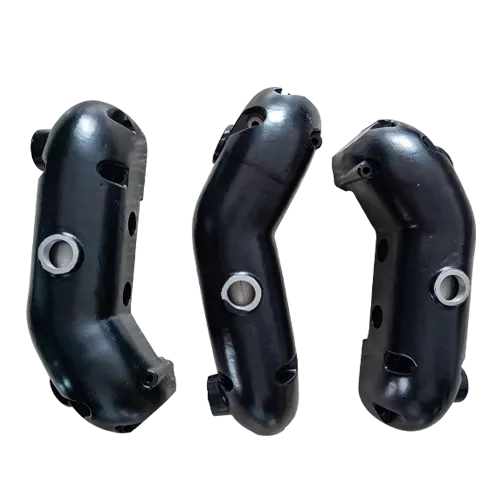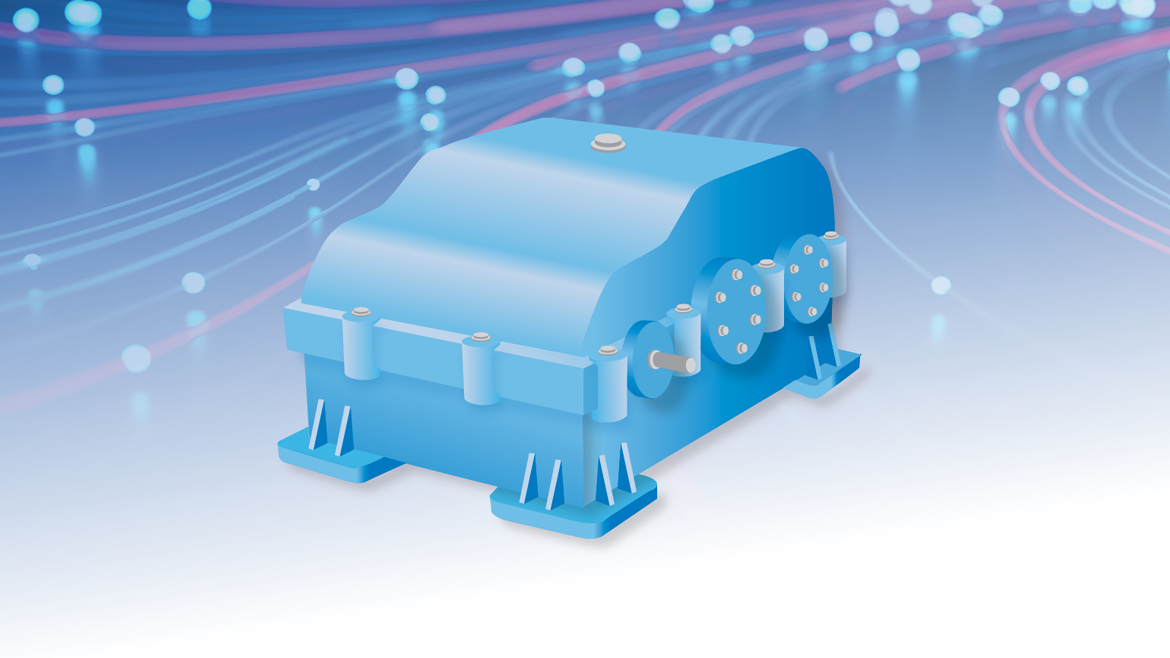Mobile:+86-311-808-126-83
Email:info@ydcastings.com
Gen . 09, 2025 12:15
Back to list
impeller on pump
Navigating the precision world of pump impellers is crucial for industries relying on fluid movement, whether it's in water treatment, oil refineries, or chemical processing. An impeller saves the day by transforming rotational energy from a turbine or motor into fluid flow. The impeller's design, material, and construction can greatly affect a pump's performance and efficiency, making expertise in this area invaluable.
In terms of authoritativeness, insights from case studies and field analyses form the backbone of trusted expertise. Engineers and professionals who work directly with pump impellers on the ground contribute invaluable data. For instance, in the oil and gas sector, specific impeller designs have shown to reduce energy consumption significantly while extending service intervals, thus optimizing overall operational costs. Such empirical data not only reinforces confidence but also guides future innovations. Trustworthiness in impeller selection is further established through rigorous testing and certification. Professional advice endorses sourcing from manufacturers who comply with international standards like ISO 5199 and ISO 2858. These certifications assure quality and reliability, ensuring that the equipment will perform as expected without premature failure. In conclusion, the intricate dance of science, engineering, and practical know-how underscores the complexity of pump impeller systems. With advances in computational fluid dynamics (CFD) and materials engineering, the future is poised for even greater efficiency and innovation. By leveraging authoritative knowledge and reliable resources, industries can ensure their pump impeller selections meet the highest standards of performance and sustainability.


In terms of authoritativeness, insights from case studies and field analyses form the backbone of trusted expertise. Engineers and professionals who work directly with pump impellers on the ground contribute invaluable data. For instance, in the oil and gas sector, specific impeller designs have shown to reduce energy consumption significantly while extending service intervals, thus optimizing overall operational costs. Such empirical data not only reinforces confidence but also guides future innovations. Trustworthiness in impeller selection is further established through rigorous testing and certification. Professional advice endorses sourcing from manufacturers who comply with international standards like ISO 5199 and ISO 2858. These certifications assure quality and reliability, ensuring that the equipment will perform as expected without premature failure. In conclusion, the intricate dance of science, engineering, and practical know-how underscores the complexity of pump impeller systems. With advances in computational fluid dynamics (CFD) and materials engineering, the future is poised for even greater efficiency and innovation. By leveraging authoritative knowledge and reliable resources, industries can ensure their pump impeller selections meet the highest standards of performance and sustainability.
Next:
Latest news
-
Why Should You Invest in Superior Pump Castings for Your Equipment?NewsJun.09,2025
-
Unlock Performance Potential with Stainless Impellers and Aluminum End CapsNewsJun.09,2025
-
Revolutionize Your Machinery with Superior Cast Iron and Aluminum ComponentsNewsJun.09,2025
-
Revolutionize Fluid Dynamics with Premium Pump ComponentsNewsJun.09,2025
-
Optimizing Industrial Systems with Essential Valve ComponentsNewsJun.09,2025
-
Elevate Grid Efficiency with High-Precision Power CastingsNewsJun.09,2025
Related PRODUCTS











